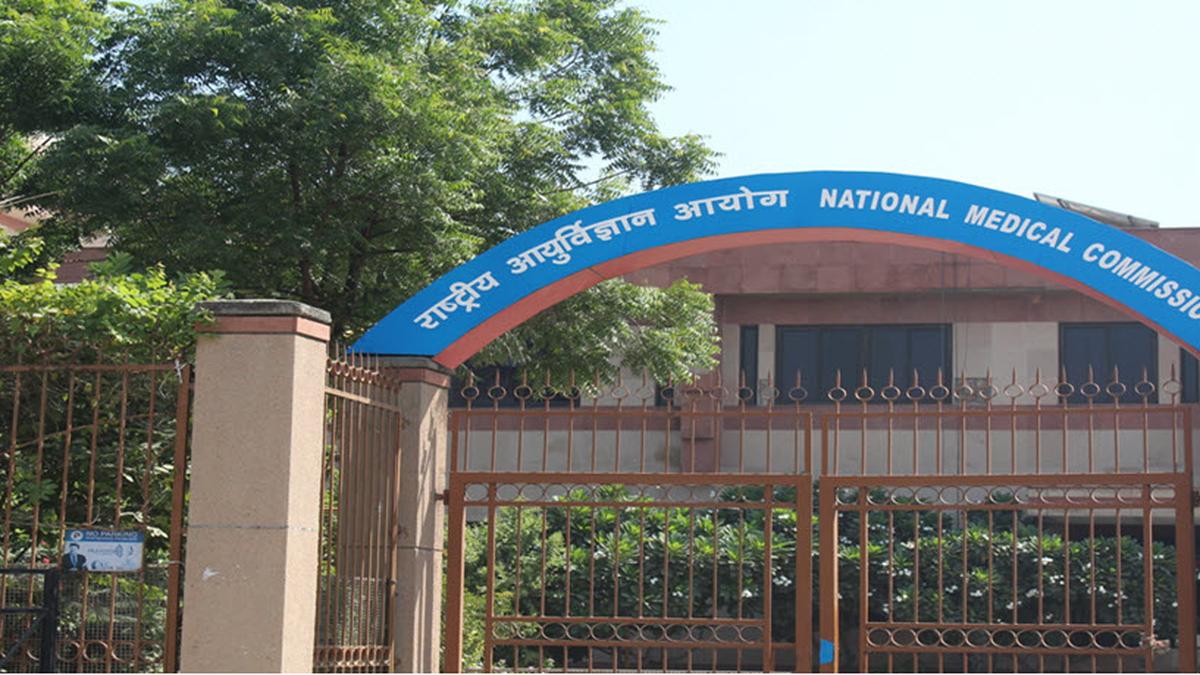 |
|
The Supreme Court of India delivered a landmark judgment on February 21, 2025, decisively rejecting the National Medical Commission's (NMC) discriminatory eligibility criterion for admission to the MBBS program. The court found the NMC's stipulation that candidates with disabilities must possess 'both hands intact, with intact sensation and sufficient strength' to be arbitrary, antithetical to the Constitution, and a blatant manifestation of ableism. This ruling marks a significant victory for disability rights in India and underscores the judiciary's commitment to upholding the principles of inclusivity and equal opportunity in education and employment.
The court's judgment, authored by Justice K.V. Viswanathan, meticulously dissected the NMC's flawed reasoning. The judges highlighted how the 'both hands intact' requirement directly contradicts Article 41 of the Constitution, which guarantees the right to work, education, and public assistance. Furthermore, the ruling underscored the incompatibility of the NMC's policy with the principles enshrined in the United Nations Convention on the Rights of Persons with Disabilities. The court characterized the NMC's approach as propagating a narrow and exclusionary definition of ability, prioritizing 'typical faculties' over the potential and capabilities of individuals with disabilities.
The case itself involved a promising candidate who, despite possessing a 50% locomotor disability and a 20% speech and language disability, had excelled in the NEET (National Eligibility cum Entrance Test) examination. Despite his academic achievements, an Assessment Board, upholding the NMC's restrictive criteria, deemed him ineligible for medical studies. The Punjab and Haryana High Court also dismissed his appeal. The Supreme Court's intervention, however, rectified this injustice, highlighting the critical need for reasonable accommodation and a departure from the 'one-size-fits-all' approach to disability evaluation.
Justice Viswanathan's judgment strongly criticized the NMC's failure to embrace the concept of reasonable accommodation, a cornerstone of disability rights legislation. The court emphasized the importance of individualized assessments that consider the specific needs and capabilities of each candidate, rather than applying blanket exclusionary criteria. The 'flexibility in answering individual needs and requirements,' as the Justice noted, is paramount in ensuring equitable access to education and professional opportunities. This fundamental principle challenges the notion that a particular physical attribute automatically disqualifies an individual from pursuing their chosen profession.
The Supreme Court's decision not only grants admission to the deserving candidate to the Government Medical College, Sirohi, Rajasthan, but also mandates a comprehensive revision of the NMC's guidelines. The NMC has been directed to submit a revised set of eligibility criteria by March 3, 2025. This directive signals a crucial opportunity for the NMC to reform its policies and align them with the principles of inclusivity and non-discrimination, thereby promoting a more equitable and representative medical profession. The court’s order sets a powerful precedent, setting the stage for a more inclusive medical education system in India.
The broader implications of this judgment extend far beyond the specific case. It serves as a powerful reminder of the imperative to dismantle systemic barriers that prevent individuals with disabilities from realizing their full potential. The case underscores the need for a paradigm shift, moving away from a model that defines disability solely by physical limitations towards one that values diversity, inclusion, and the unique strengths and talents of individuals with disabilities. The judgment is a testament to the power of judicial intervention in advancing social justice and promoting a more inclusive society. It carries a significant message for other regulatory bodies in India and globally, prompting a critical re-examination of their policies and practices related to disability inclusion.
